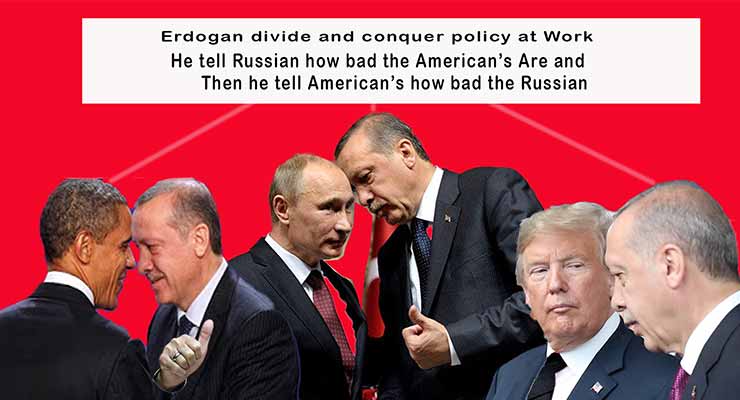
Turkey has been skillful enough to play both Russia and the United States to extract the best possible deals for Ankara’s own interests. The stress test of the downed Russian jet in late 2015, however, made Erdogan more cautious not to overplay his cards with Putin. Moscow and Ankara have since been more prudent when walking on each other’s terrain. The current state of affairs in Syria makes this experience particularly helpful. Russia shows empathy for Turkey’s fundamental security concern about the YPG and other Kurdish forces. Turkey, in turn, has to side with the Russian agenda on preserving Syrian territorial integrity and on Assad as being ruler of the country.
Trump’s “handing over” of Syria to Turkish President Recep Tayyip Erdogan is largely seen in Moscow as a reflection of this intent. So are the likely sale of the Patriot air-defense system and the lifting of sanctions against Turkey.
Russia’s Agriculture Ministry announced it is considering doubling the quota for tomato imports from Turkey to 100,000 tons a year.

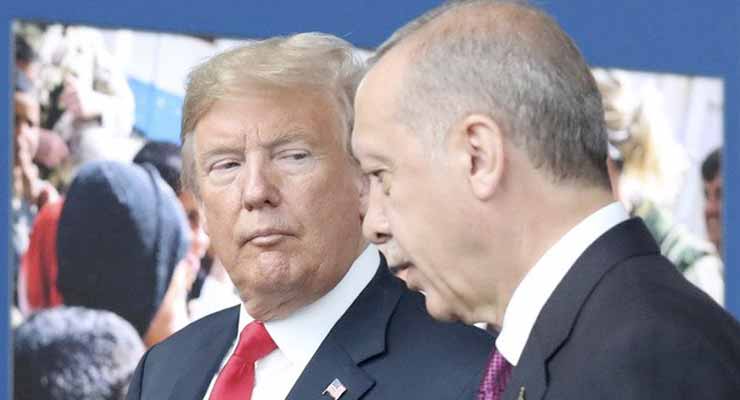 ISTANBUL: Turkish President Recep Tayyip Erdogan on Friday promised to clear Syria of a US-backed Kurdish militia and militants after the US decision to pull troops out.
ISTANBUL: Turkish President Recep Tayyip Erdogan on Friday promised to clear Syria of a US-backed Kurdish militia and militants after the US decision to pull troops out.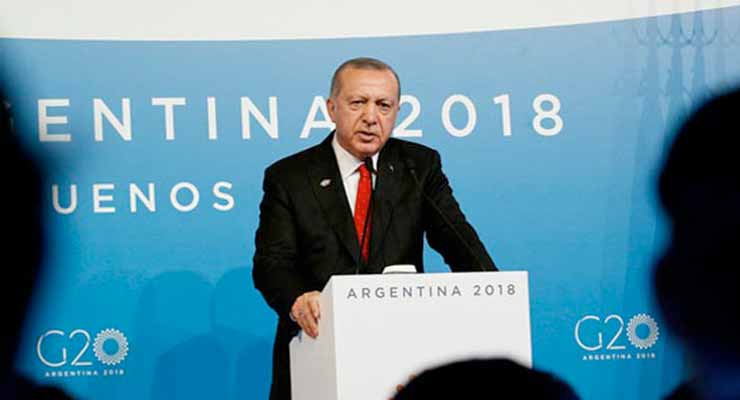 During a press conference at the G20 summit in Argentina, President of Turkey Recep Tayyip Erdogan denied the Armenian Genocide after a question from a journalist of Armenian origin. When asked about the rights of minorities in Turkey, the journalist added: “I am one of the descendants of the families that suffered the Armenian Genocide,” according to Horizon Weekly.
During a press conference at the G20 summit in Argentina, President of Turkey Recep Tayyip Erdogan denied the Armenian Genocide after a question from a journalist of Armenian origin. When asked about the rights of minorities in Turkey, the journalist added: “I am one of the descendants of the families that suffered the Armenian Genocide,” according to Horizon Weekly.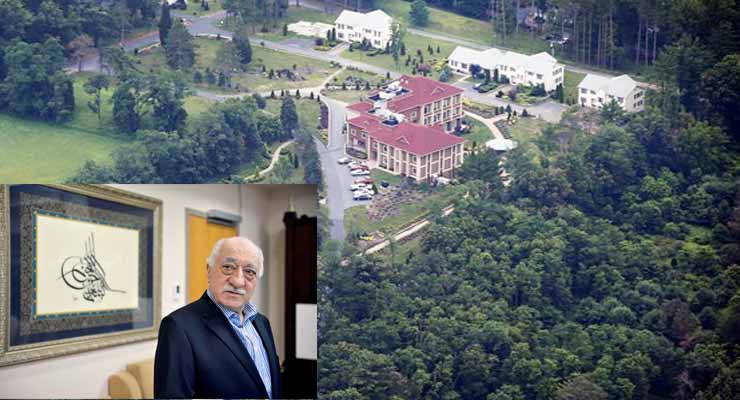 “Once they realized it was a serious request, the career guys were furious,” a U.S. official said of request tied to Khashoggi killing.
“Once they realized it was a serious request, the career guys were furious,” a U.S. official said of request tied to Khashoggi killing.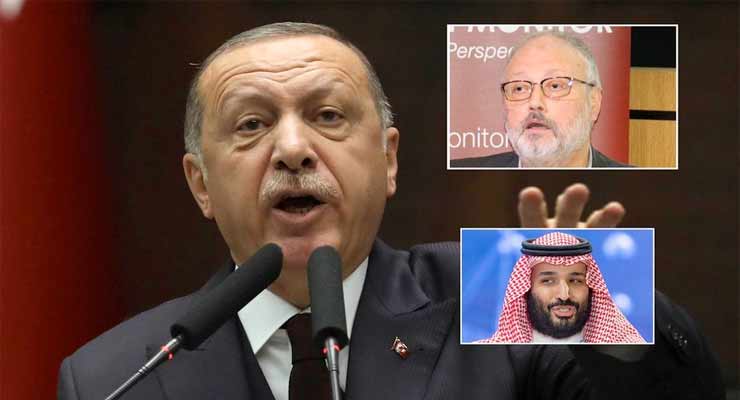 The recordings that could reveal the killing of Jamal Khashoggi at the Saudi embassy in Turkey in shocking detail have been shared with France, Germany, Saudi Arabia, the UK, and the US, President Recep Tayyip Erdogan has said.
The recordings that could reveal the killing of Jamal Khashoggi at the Saudi embassy in Turkey in shocking detail have been shared with France, Germany, Saudi Arabia, the UK, and the US, President Recep Tayyip Erdogan has said.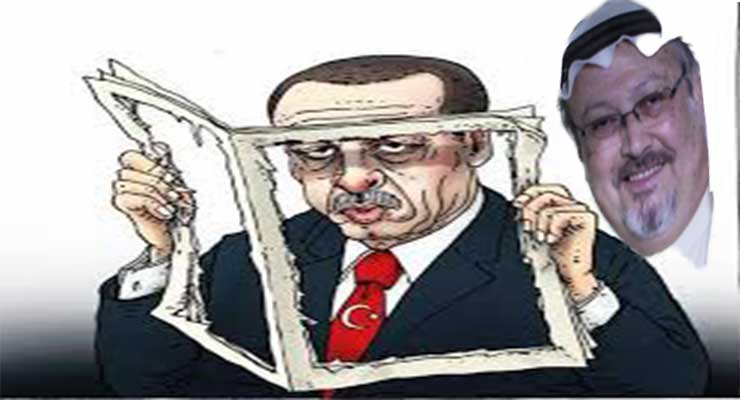 Turkish President Recep Tayyip Erdogan said Tuesday that evidence showed the killing of Washington Post contributor Jamal Khashoggi was “brutal” and “premeditated.”
Turkish President Recep Tayyip Erdogan said Tuesday that evidence showed the killing of Washington Post contributor Jamal Khashoggi was “brutal” and “premeditated.”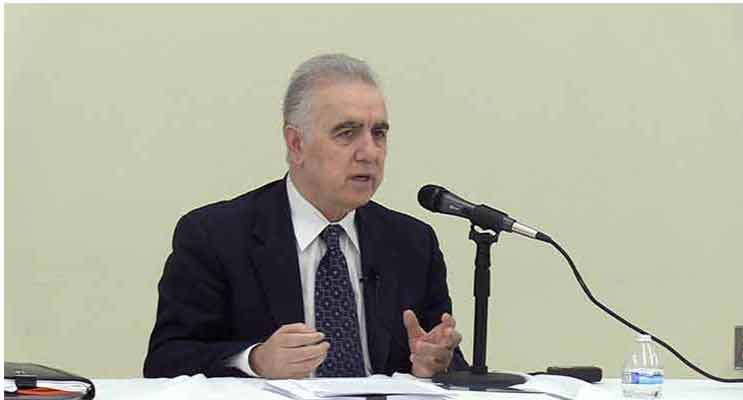 By Harut Sassounian,
By Harut Sassounian,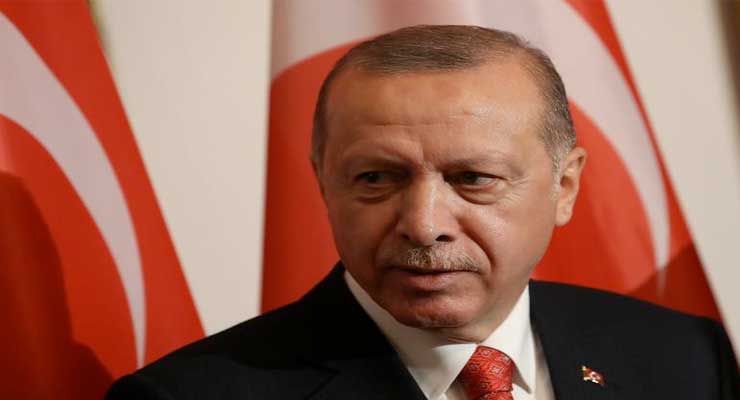 By
By 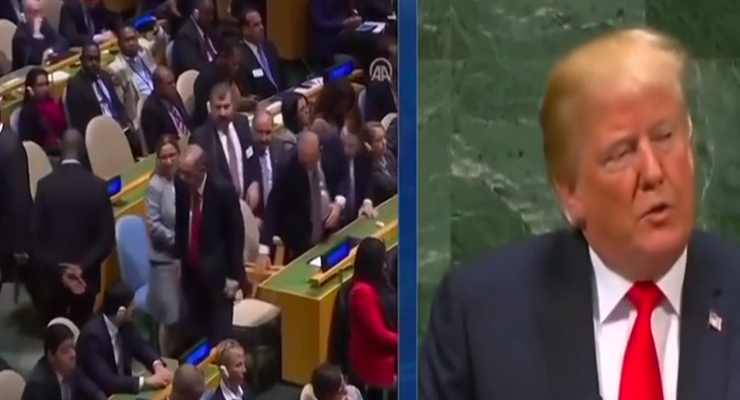 Turkey’s President Recep Tayyip Erdogan walked out of the 73rd United Nations General Assembly meeting being held in New York, as soon as United States President Donald Trump began his speech, highlighting the heightened tension between Washington and Ankara.
Turkey’s President Recep Tayyip Erdogan walked out of the 73rd United Nations General Assembly meeting being held in New York, as soon as United States President Donald Trump began his speech, highlighting the heightened tension between Washington and Ankara.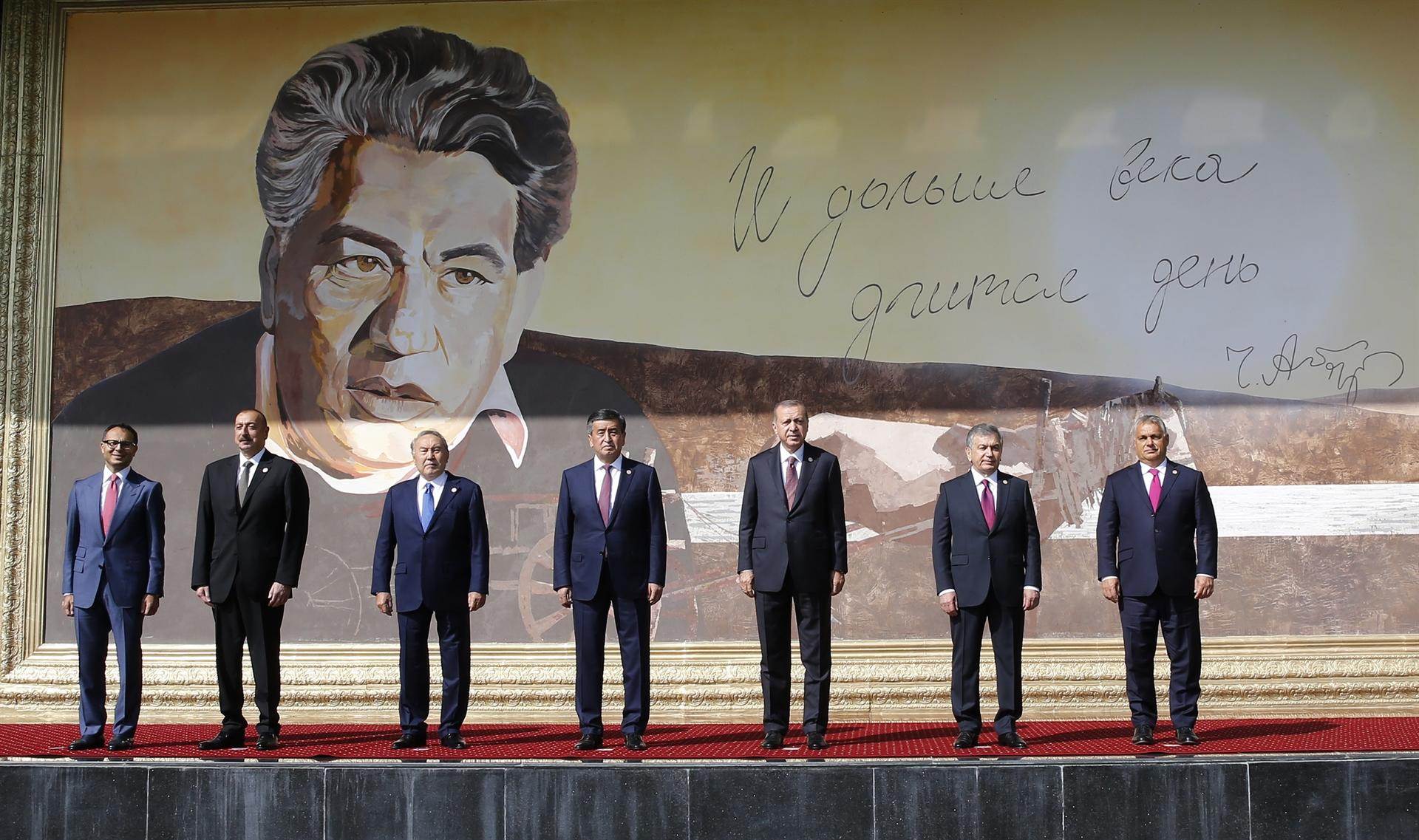 International trade’s dependency on the U.S.
International trade’s dependency on the U.S.